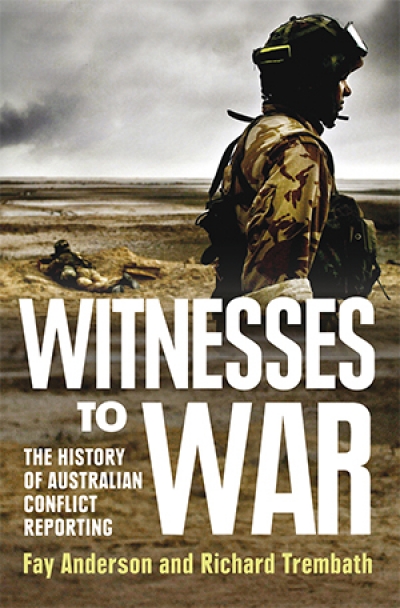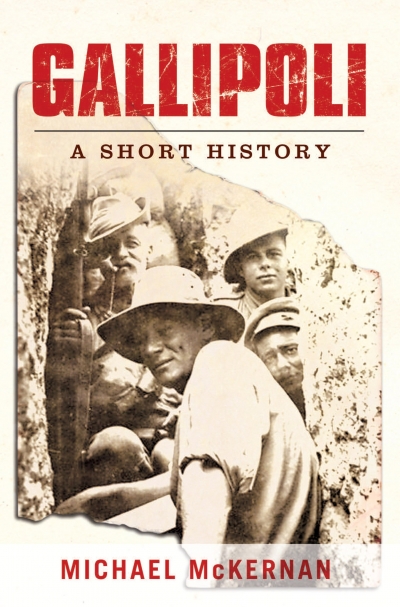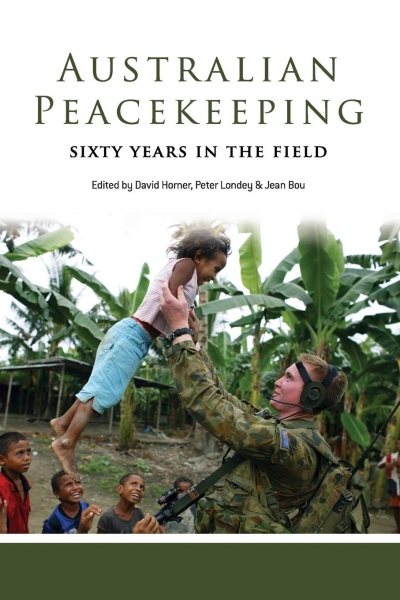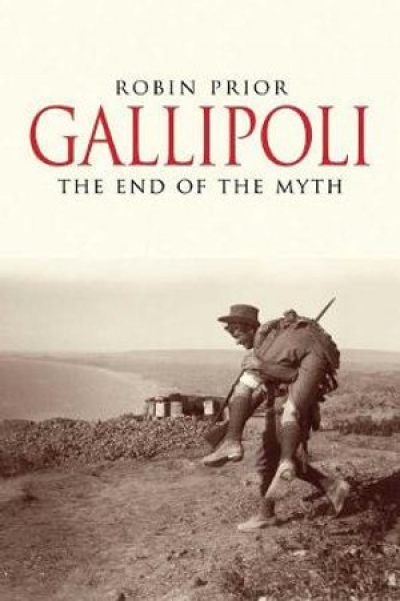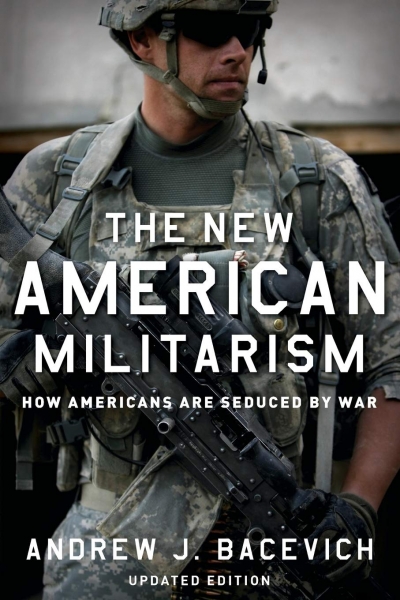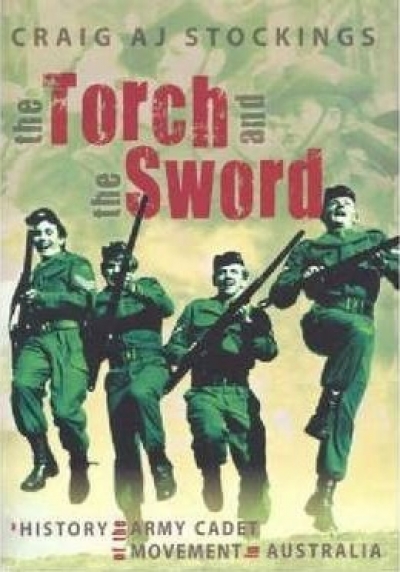Military History
P.O.W.: Australian Prisoners of War in Hitler’s Reich by Peter Monteath
by Peter Pierce •
Witnesses to War: The History of Australian Conflict Reporting by Fay Anderson and Richard Trembath
by Jill Jolliffe •
All Day Long the Noise of Battle: An Australian Attack in Vietnam by Gerard Windsor
by Elisabeth Holdsworth •
Gallipoli: A Short History by Michael McKernan & Pozières: The Anzac Story by Scott Bennett
by Robin Prior •
Crack Hardy: From Gallipoli to Flanders to the Somme, the True Story of Three Australian Brothers at War by Stephen Dando-Collins
by Stephen Mansfield •
Australian Peacekeeping: Sixty years in the field edited by David Horner, Peter Loney and Jean Bou
by Alex Bellamy •
The New American Militarism by Andrew J. Bacevich & Unintended Consequences by Kenneth J. Hagan and Ian J. Bickerton
by Richard Broinowski •
The Torch and the Sword: A history of the army cadet movement in Australia by Craig A.J. Stockings
by Gillian Dooley •

